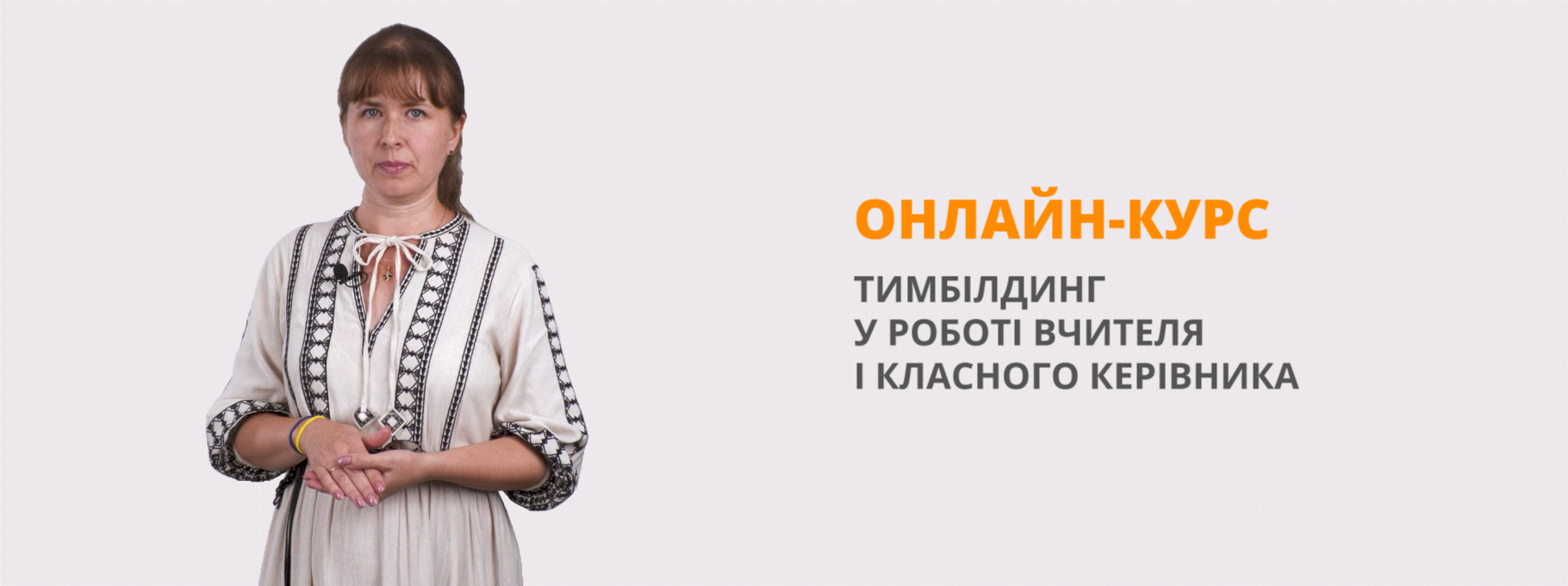HIGHER EDUCATION IN GREAT BRITAIN
HIGHER EDUCATION IN GREAT BRITAIN
The academic year in Britain’s universities, Polytechnics, Colleges of Education is divided into three terms, which usually run from the beginning of October to the middle of December, from the middle of January to the end of March, and from the middle of April to the end of June or the beginning of July.
There are 46 universities in Britain. The oldest and best-known universities are located in Oxford, Cambridge, London, Leeds, Manchester, Liverpool, Edinburgh, Southampton, Cardiff, Bristol, and Birmingham.
Good А-level results in at least two subjects are necessary to get a place at a university. Universities choose their students after interviews. For all British citizens a place at a university brings with it a grand from their local education authority.
English universities greatly differ from each other. They differ in size, history, tradition, general organisation, methods of instruction, way of student life.
After three years of study a university graduate will leave with the Degree of Bachelor of Arts, Science, Engineering, Medicine, etc. Later he may continue to take a Master’s Degree and then a Doctor’s Degree. Research is an important feature of university work.
The two intellectual eyes of Britain — Oxford and Cambridge Universities — date from the twelfth and thirteenth centuries.
In the nineteenth and the early part of the twentieth centuries the so-called Redbrick universities were founded. These include London, Manchester, Leeds, Liverpool, Sheffield and Birmingham. During the late sixties and early seventies some 20 «new» universities were set up.
During these years the Government set up thirty Polytechnics. The Polytechnics, like the universities, offer first and higher degrees. Some of them offer full-time and sandwich courses.
Some of those who decide to leave school at the age of 16 may go to a further education college where they can follow a course in typing, engineering, town planning, cooking, or hairdressing, full-time or part-time.
There is an interesting form of studies which is called the Open University. It is interesting for people who study in their own free time and who «attend» lectures by watching television and listening to the radio. They keep in touch by phone and letter with their tutors and attend summer schools. The Open University students have no formal qualifications and would be unable to enter ordinary university.
QUESTIONS
1. How many terms are there in Britain’s academic year?
2. What are the oldest Universities in Britain?
3. How do Universities choose students?
4. What will a graduate receive after three years of study?
5. What does the Open University mean?
6. Does higher education in Great Britain differ from that in Ukraine?
VOCABULARY
interview — співбесіда
Bachelor of Arts — бакалавр мистецтв
Master’s Degree — учений ступінь магістра
Doctor’s Degree — учений ступінь доктора
ВИЩА ОСВІТА У ВЕЛИКОБРИТАНІЇ
Академічний рік британських університетів, політехнікумів і педагогічних коледжів розділений на три семестри, перший семестр — з початку жовтня до середини грудня, другий — із середини січня до кінця березня, і третій семестр — із середини квітня до кінця червня або початку липня.
У Британії 46 університетів. Найстаріші й найвідоміші університети розташовані в Оксфорді, Кембриджі, Лондоні, Лідзі, Манчестері, Ліверпулі, Единбурзі, Саусемптоні, Кардіффі, Брістолі та Бірмінгемі.
Щоб вступити до університету, необхідно мати гарні результати на іспитах підвищеного рівня з двох предметів. Університети відбирають студентів через співбесіду. Багато британців, які вчаться в університетах, одержують стипендію від місцевих органів освіти.
Англійські університети відрізняються один від одного розміром, історією, традиціями, основними правилами, методиками і способом життя студентів.
Після трьох років навчання в університеті випускник одержує ступінь бакалавра мистецтв, наук, інженерії, медицини і т. ін. Пізніше випускник може продовжити навчання й одержати вчений ступінь магістра, а потім доктора. На цьому етапі велике значення має дослідницька робота.
Два інтелектуальних ока Британії — Оксфорд і Кембридж — датуються XII і XIII століттями.
У XIX і на початку XX століття були засновані так звані червоноцегляні університети. Ці університети знаходяться в Лондоні, Манчестері, Лідзі, Ліверпулі, Шеффілді та Бірмінгемі. Наприкінці 60-х і початку 70-х pp. утворилося близько 20 «нових» університетів.
Протягом цих років уряд заснував 30 політехнікумів. Політехнікуми, як і університети, пропонують перший і вищий ступені. Деякі з них мають денне відділення і курси «сандвіч» для працюючих.
Ті, хто йде зі школи в 16 років, можуть продовжити навчання на курсах друкування, інженерії, планування міст, кулінарії або перукарської майстерності. Учитися можна на стаціонарі або заочно.
Є цікава форма навчання, що називається відкритим університетом. Вона цікава для людей, які вчаться у вільний час і «відвідують» лекції по телебаченню, радіо. З керівником вони зв’язуються по телефону або письмово і відвідують літні школи. Студенти відкритих університетів не мають формальної кваліфікації і не можуть вступити до звичайного університету.


про публікацію авторської розробки
Додати розробку
